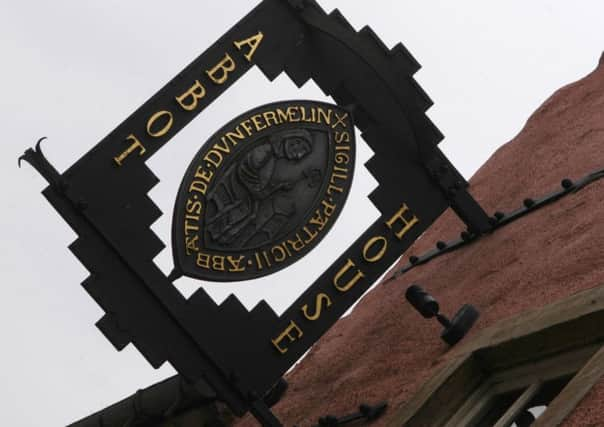Museums provide a lifeline for Scots communities


What comes to mind when you think about a museum? Is it the fascinating objects which link us to our past? A place to take the kids on a rainy day? Or do you, like the many people in Scotland whose lives are vastly improved through their pioneering work, see museums as a lifeline within your community?
While museums have not moved away from their traditional role as custodians of our past they have definitely diversified and many museums now consider their social impact as part of their core mission and everyday work. This shift means that museums will remain relevant to modern society while continuing to preserve the past for future generations. We need to support museums so that they can continue to build on their work which is bringing huge benefits for their communities.
Advertisement
Hide AdAdvertisement
Hide AdWhat are Scotland’s communities gaining from this shift in the role of museums? It might sound melodramatic but museums are helping to keep our communities alive. Auchindrain Highland Farm and Township in Argyll is a great example. Through its work with vulnerable members of the public, including disabled people, unemployed school-leavers and people with health issues, the museum has established itself as a key player in helping to tackle the depopulation, social deprivation and mental health issues facing the community. The museum is making it possible for people to remain in the area by helping them develop relevant skills such as building maintenance and growing organic crops. The experience of working on the land brings its own rewards too.
Offering supported employment is in itself a vital service which deserves recognition. Helping those struggling to return to or find work gives people hope for the future as well as a meaningful role within their community. Abbot House in Dunfermline currently offers more than ten paid and voluntary places for local people with mental health challenges. They have won Business Diversity Awards for their programme developed in partnership with Fife Council’s disability employment service.
Nearly 60 per cent of people in museums give their expertise and time for free. This is support which museums don’t take lightly and a lot of importance is placed on developing mutually beneficial relationships with their volunteers. The Scottish Maritime Museum in Irvine has a long track record of working with volunteers and offering apprenticeships. Its work to develop the Scottish Boat Building School delivered in partnership with local schools and groups is providing learning opportunities to young people from the area and encouraging competitive coastal rowing. And yet people probably don’t think of museums as motivators helping us to lead healthier and happier lives.
Museums are incredibly enterprising organisations but a lot of people’s ideas of the role of a museum has yet to catch up. The sector urgently needs to shift the lingering perception of what museums do to highlight what could be achieved through increased partnership working and support. Museums need to have more confidence in embracing their new role and to be more visible in delivering it as it has never been more important for museums to showcase how they’re delivering across health and wellbeing, education and social agendas.
To champion their work Museums Galleries Scotland recently issued a rallying call to MSPs across Scotland to lend their support to raising the profile of museums in their area. To date 16 MSPs have taken up this opportunity and have experienced first-hand the services museums are providing in their constituencies and the challenges they face. The visits demonstrated how museums are working in an enterprising way and that much more could be achieved with increased support and public funding.
Scotland’s museums and galleries should be confident and proud of their constructive role within and impact on society. Museums are making crucial contributions to the economic growth, social cohesion and empowerment of Scotland’s communities. But museums can’t do it alone and need people to see and value this work. In order to sustain these inspirational organisations they need all of our support. Could you become a champion of your local museum and help others to see the integral role it plays in your community? Your involvement will help ensure that museums’ roles in our communities’ not only continues but thrives.
• Joanne Orr is chief executive officer of Museums Galleries Scotland, the national development body for Scotland’s museums and galleries.
SEE ALSO